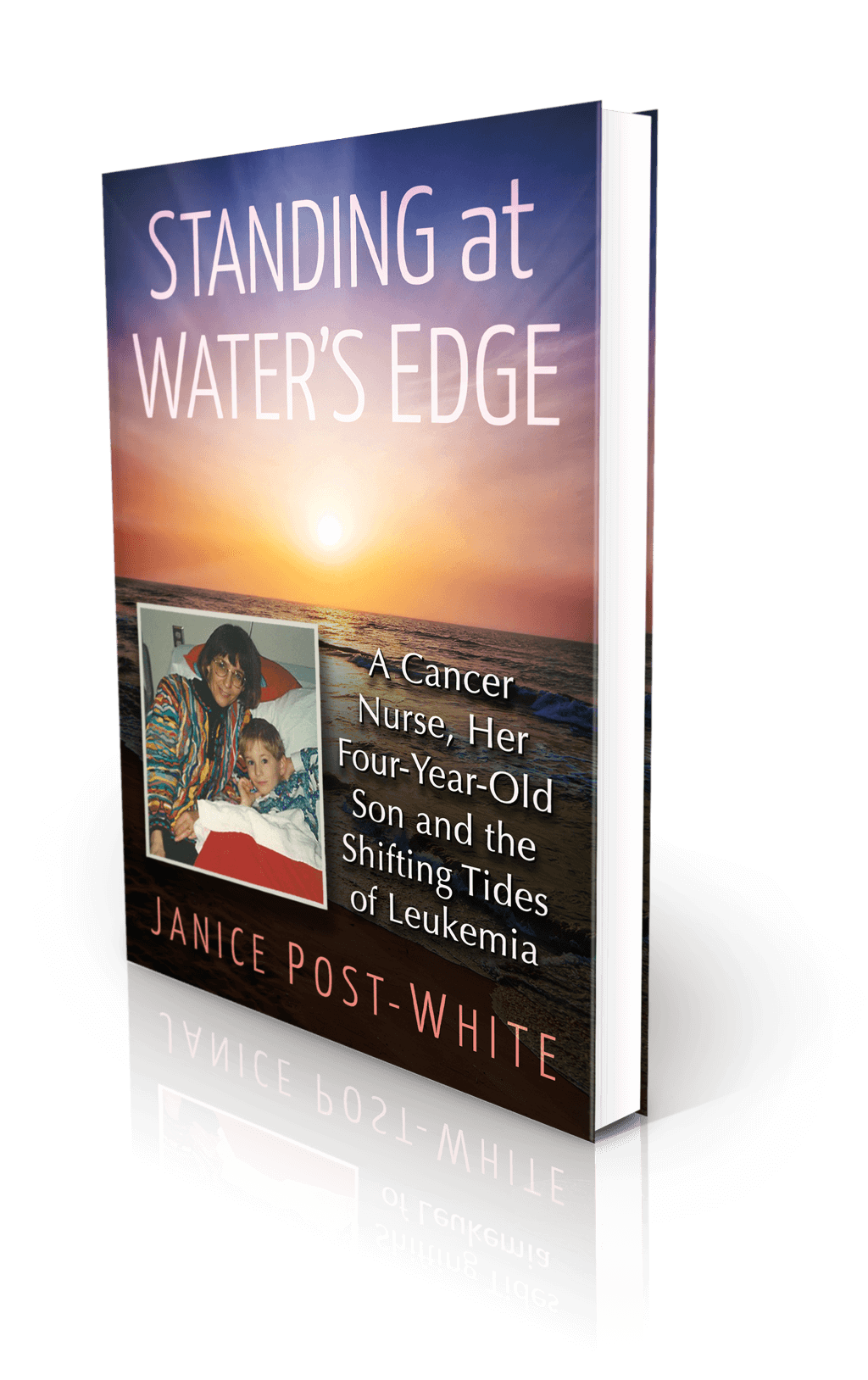

Shutterstock by Maren Winter; Desperate woman behind stacks of binders and flying papers
What clutters your office or basement? Are your files electronic or paper? Letting go of the past creates space for the new.
Cleaning out my office was one of my summer goals. After twenty years of working from home, I want to paint, get a new desk, and be able to navigate my space without assaulting my fragile shins on file boxes stacked three deep. I don’t mind organized clutter; I know where everything is; I just can’t access it easily. And now that my memoir is coming out (date still pending), I want space—in my office and my mind—for the next project. Cleaning out requires letting go.
Paper or Electronic?
My twin had somehow gone paperless. We’re fraternal twins, obviously. We both taught, wrote, and published; we just filed things differently. He was more tech-savvy and could visualize database trees. I need to feel the trees in my hand and see my notes in the margins. I remember where I wrote the note on the page and the slope of its arc, not the actual words. I search and find visual cues, not key phrases.
When my younger brother and I purged our brother’s house of his belongings after he died, we found two boxes of paper files. Two boxes, not two rooms. One held tax documents, and fortunately, a hard copy of his will. The other had his friend’s medical files, a house deed, car titles. As we flew home three days later to our respective states, I waited, seated, in tears, at the inside terminal end of the TSA line as my brother unloaded laptops, e-readers, unidentifiable toys (to me), and cords into the bins from the single backpack that doubled him over as we parted ways to our gates. He carried all the important documents—and responsibility—on his back.
It took him two weeks to hack into my twin’s laptop to access his password file, legal and work documents, the database textbook he was revising, and photos of his dogs and international bike trips. It shouldn’t have been a surprise considering our brother published papers on the internet and computer security. We found those, too. His friend, who had lived with him for a time, kept repeating to me over the phone, “Just get into his computer; it’s all in there.” Yes, all those memories are on one small disk.
We even brought his laptop into the viewing room at the funeral home when we said our final goodbyes. It didn’t work. We decided that fingerprint sensors require warm-blooded circulation. Face recognition might work today. But I don’t recommend relying on it.
I’ll never get paperless. I love reading hardcover books with a solid frame, smooth archival paper, pages I can dog-ear, and margins I can pencil notes in. I spent years drawing models of immune and neurohormone interactions and cell physiology to help me understand and remember how our human bodies function and hypothesize how our cells respond to cancer and emotional signals. Arrows went back and forth, every which way, and some straight to the heart. Complexity required creativity. And paper.
Then and Now

Shutterstock by Panya Studio; Boy popping out of cardboard box to discover new adventures
It’s time to let it go. There’s only so much space in our century-old home to store files and books, even after adding on six rooms. The small rooms, slanted dormers, and curved bay windows leave little room for bookshelves. Apparently, people didn’t collect as much stuff in the early twentieth century. Instead, they passed down memories through stories.
I defended my dissertation thirty years ago this month, and I still have the laboratory data, along with boxes of findings from subsequent studies. No, I won’t scan it into my computer. That data is old, and standards have changed. So many papers didn’t get published, but as many of my high school classmates retire this year, I realize that I, too, prefer to let go of past commitments and passions and move on to more creative ventures that are meaningful and manageable now. I want to be a forever student, learning and challenging myself in new ways. Besides, I still have ten years of creative writing class materials to sift through.
Letting Go
Is there anything in your basement or office or even in your computer you are ready to purge from your space? If you toss the old, what new ideas will percolate to the surface? Although purging files and recycling memories wasn’t on my summer cleaning agenda, I realize now how much energy those boxes stored. Seeing all those empty shelves opens a new chapter. It’s time to write those stories.

About the Book
Janice Post-White’s memoir is a story about a cancer nurse who thought she knew what life and death were about.
Then her 4-year-old son got leukemia.
This heart-wrenchingly real but inspiring book shines a light on the life-affirming discoveries that can be made when one is forced to face death—and bravely chooses to face fears.
ON SALE DECEMBER 3, 2021
2022 First Place Award from the American Journal of Nursing Book of the Year in the category of Consumer Health and Third Place in Creative Works
Finalist in Health/Cancer from the American Book Fest Best Book Awards, the International Book Awards, and the Eric Hoffer Book Awards



